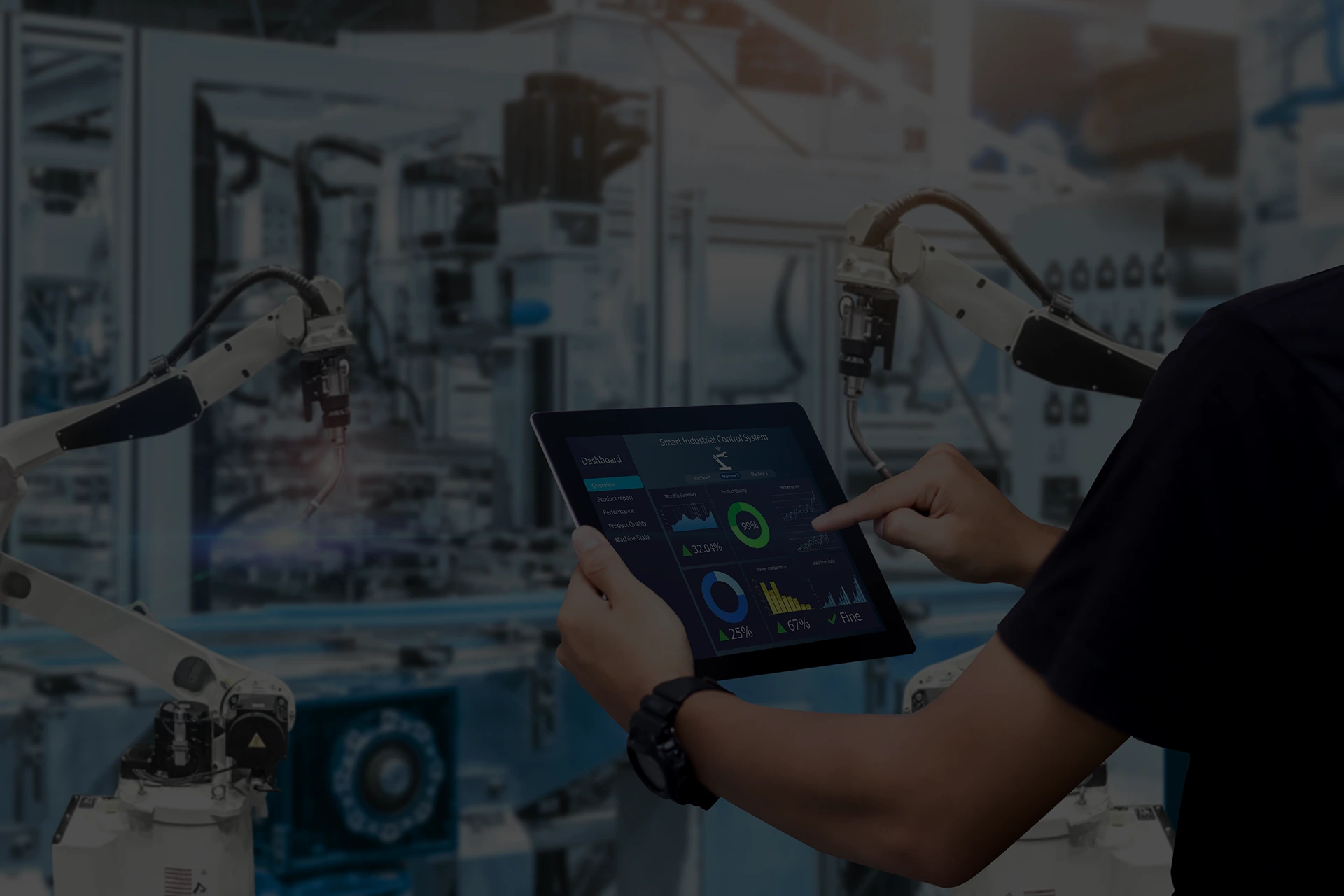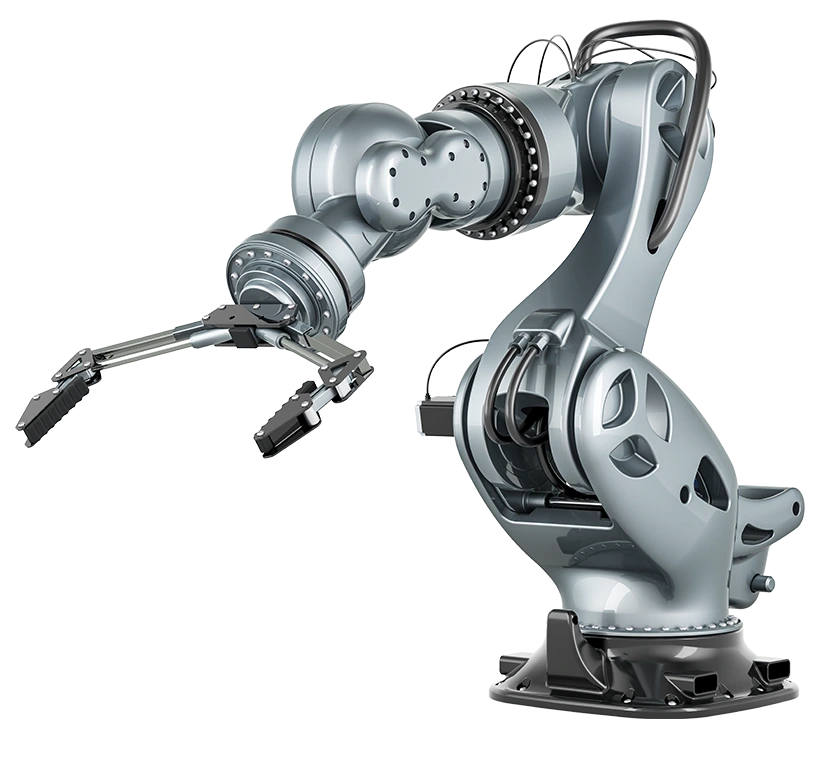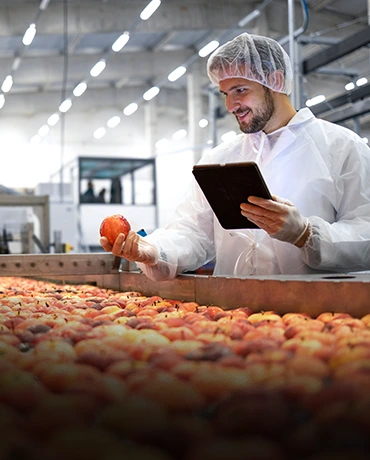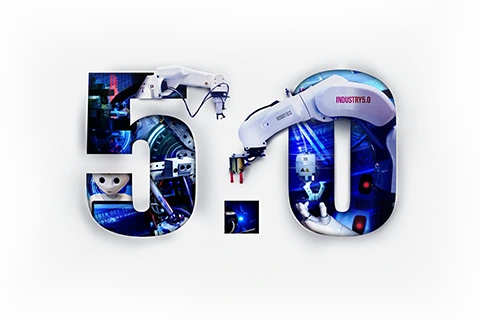
Industry news and trends
The industry is witnessing an unprecedented revolution, particularly with the advent of AI, IoT and augmented reality.


Energy industry
An ongoing energy transition
The energy industry faces a number of challenges. The sector must reduce its GHG emissions and guarantee its security of supply. To this end, France has adopted a law on energy transition for green growth. Enacted in 2015, this law sets ambitious targets.
Industrie 4.0 : The connected production plant
Industry 4.0 makes factories more responsive to customer needs. This way of organizing production resources is based on the integration of intelligent digital technologies. Its objective is based on a set of technologies enabling products, machines and people to be connected. The connected production plant uses cloud computing, the Internet of Things, robotics and automation, more on industrialdesignjournal.com.
Flexible PCBs
Flexible PCB design
Flexible PCBs are characterized by their ability to adapt. These PCBs use a flexible polymer film as a support to design conductive tracks. Depending on your needs, icape-group.com‘s circuits can twist, bend or fold. Unlike rigid PCBs, this equipment lets you create lightweight, compact devices. What’s more, they have a long service life.

PCBs in computers
Printed circuit boards enable computers to perform a variety of tasks.
Automotive industry
Printed circuit boards pave the way for the era of intelligent vehicles.
PCBs in smartphones
PCBs play a central role in smartphone connectivity.
Health and medical
PCBs are used to create vital signs monitors.
PCBs in robotics
PCBs enable robots to perceive their environment and interact with precision.
PCB assembly
Automated assembly technologies are capable of precise layout.

Luxury and apparel

Food industry

Building and construction
Leading companies
Leading sectors and industries
Leading companies stand out for their performance, influence and innovation in their sector. Often at the cutting edge of technology, aeronautics, aerospace, electronics and bio-industries contribute to economic growth.
For which industries will blockchain change?
Blockchain is frequently associated with cryptocurrencies. This technology makes it possible to create and manage registers without the intervention of a central authority. The finance sector is one of the main areas exploiting it. It enables transactions to be carried out without the need for intermediaries. This advantage facilitates international money transfers, contactless payments and online payments. The tool is also revolutionizing the financial markets sector, with the creation of digital securities such as stocks and bonds, you can follow money-industry.com for more.

Industry 5.0
People as the cornerstone of transformation
Industry 5.0 integrates AI, robotics and automation into production processes. This new era of the industrial revolution enables workers to play an active role in decision-making.
The aim of this concept is to create an industry that meets society’s needs. Unlike Industry 4.0, it places the emphasis on the human factor. Employees are put back at the heart of the production process.